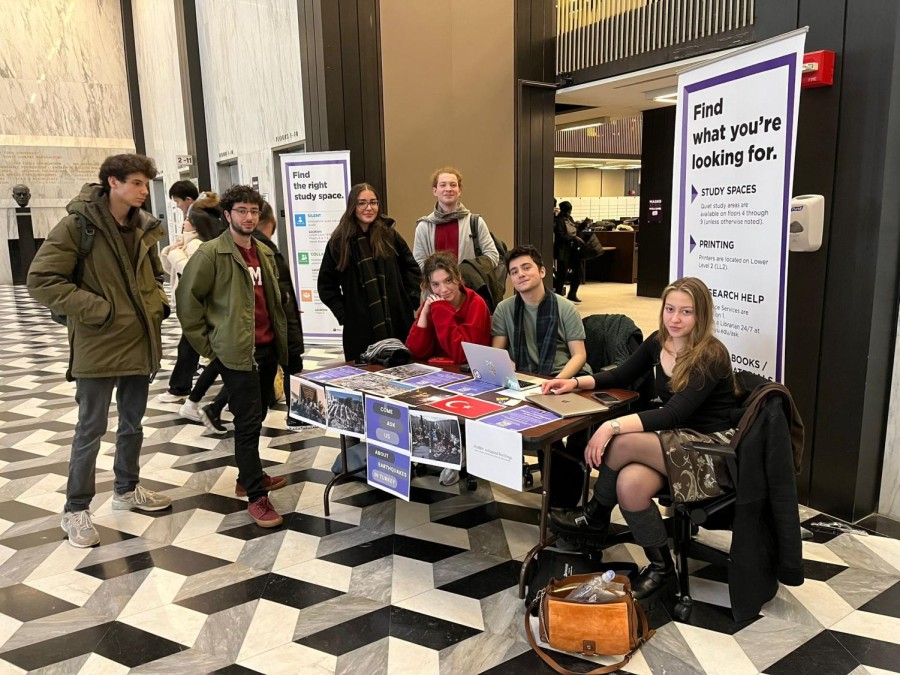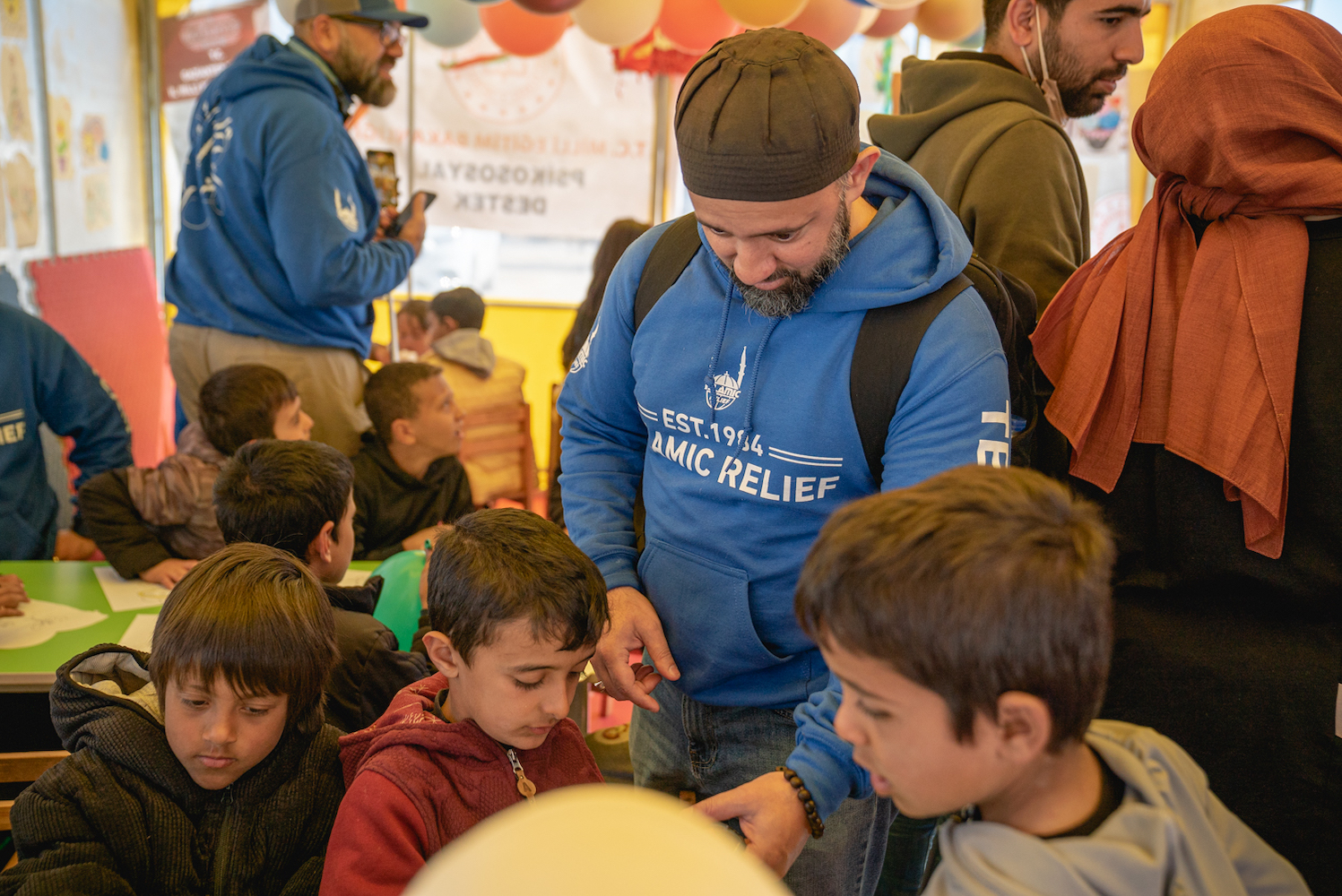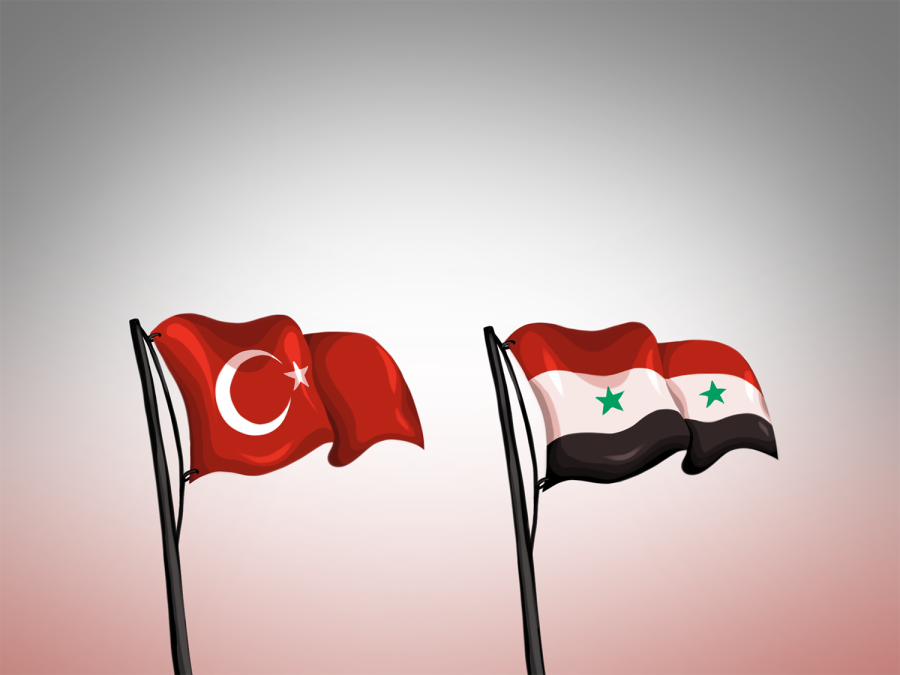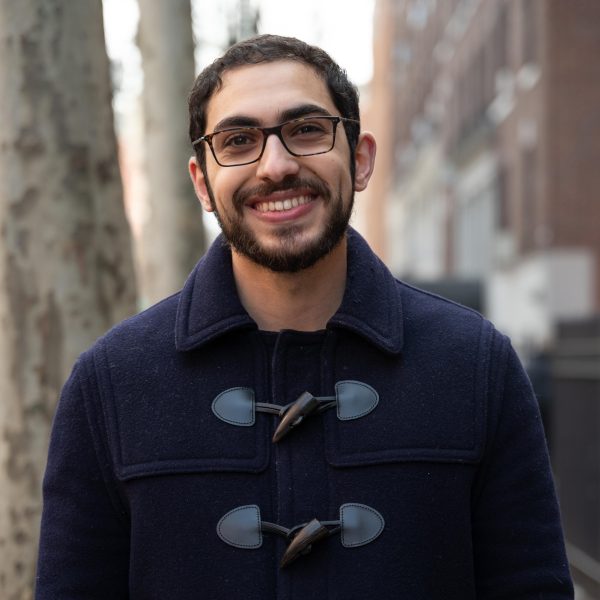What the NYU community is doing to help Turkey and Syria
In the aftermath of the recent devastating earthquakes in Turkey and Syria, NYU students and faculty have taken the initiative to organize relief efforts. The student-led Turkish Culture Association alone has raised more than $80,000.
(Illustration by Victoria Liu)
March 2, 2023
Nearly a month later, Turkey and Syria are only starting to recover from the effects of earthquakes that devastated the countries on Feb. 6. Since the disaster, NYU students and faculty have taken the initiative to support victims by organizing relief efforts and providing humanitarian aid.
Over 47,000 people have lost their lives in the earthquakes, which occurred in northern Syria and southeastern Turkey with magnitudes of 7.5 and 7.8, respectively. On Feb. 20, another 6.3 magnitude earthquake hit southern Turkey near the Syrian border, causing further damage to buildings.
Cagla Karslioglu, a Tisch senior who is a member of NYU’s Turkish Culture Association, grew up in Turkey and is the only one of her family currently living outside of the country. She said that although nobody in her family was directly harmed by the tragedy, many of her friends’ families were.
“My family lives far away from the affected area, but some of my best friends have lost their own families,” Karslioglu said. “The whole thing was extremely political. Most of the harm that was caused could have been avoided, but because of the government and the precautions that people couldn’t take, so many people were harmed. It was deeply personal.”
Karslioglu thinks that the Turkish government prioritized new infrastructure in more financially privileged areas such as Istanbul, over low-income towns like Gaziantep, which was severely impacted. She believes that authorities don’t allocate enough resources to ensure the safety of apartment buildings in these areas.

The Turkish Culture Association has been working to aid victims of the earthquakes by collecting donations in the lobby of Bobst Library, and together with the student government, recently held a vigil for victims on the Kimmel Center steps. While Karslioglu appreciated the vigil, she felt that the university could have done much more to support relief efforts, not just from an afterthought at the end of an email about NYU’s sports teams.
“The most difficult part was seeing that most NYU students that we saw didn’t care at all,” Karslioglu said. “We heard some people say that we don’t deserve the help. We heard some people say that the people who were harmed deserved it. We heard some crazy things.”
As of March 1, the club had raised $84,000 in donations for Ahbap Platformu Resmi Sitesi, a nonprofit providing shelter, food and medical supplies to those in need.
Karslioglu also shared concerns about another earthquake that geologists predicted could devastatingly impact Istanbul within the next 70 years. Her family is already in the process of moving preemptively to better-built housing in case the earthquake does occur.
“There’s another big earthquake that is expected to happen in Istanbul specifically, and all my family’s in Istanbul,” Karslioglu said. “My family, and almost everyone in Istanbul, are trying to move away to a safer building because they’re scared for their lives.”
Khalid Latif, NYU’s chaplain and the executive director of its Islamic Center, traveled to Turkey on Feb. 13. He worked with Islamic Relief USA to provide immediate aid, cash assistance, food, winter necessities and medical assistance to those affected by the earthquakes.
“We walked through cities that are now entirely rubble,” Latif said. “Places that once had 500,000 to 750,000 people living in them all vacated and looked like a warzone. Not any one of them went to bed thinking that an earthquake would strike early the next morning and change their lives forever.”
Latif said that he wanted to witness the situation firsthand, share the disaster’s impacts with the NYU community, and promote empathy, forgiveness and compassion during the month of Ramadan. He added that the victims, while appreciative of humanitarian assistance, were emotionally and physically affected by the earthquakes through trauma and displacement.
“Every person that I met, regardless of their age or what they had lost, gave me the same response when I asked them what they would like me to tell people when I return home,” Latif said. “They were all appreciative that we were there. They all said to value our time, appreciate what we have and all those who are in our lives, and make sure that we don’t leave until tomorrow what we have the ability to do now.”

Latif said that the Islamic Center launched a campaign to assist victims of the disaster, which has raised $820,000 to date.
“We share humanity and that is enough of a reason for me to want to assist them in their time of need,” Latif said. “Syria, in particular, has been through so much over the last decade and the challenges that they face due to ongoing conflict makes it that much harder on the people there. I’m proud of our students and community at the Islamic Center — they always step up to help people in their time of need and I knew that this time would be no different.”
At NYU’s Abu Dhabi campus, senior Youmna Elrasheed Mohammed has been working with students and faculty for over two weeks to purchase necessities including hygiene products, food, baby powder, milk and diapers for families affected by the earthquakes.
Around half of Syria’s population has already been displaced as a result of the ongoing 12-year civil war, and these earthquakes have reportedly caused a new wave of displacement. Elrasheed said that, while donations to Turkey could be made through the Turkish embassy, donations to Syria from the United Arab Emirates could only be made through the country’s Emirates Red Crescent. Elrasheed explained that the affected area is considered to be “rebel-controlled territory,” prohibiting external aid through the Syrian government.
Originally from Sudan, Elrasheed has lived in the Middle East her whole life. As a Muslim, her ethnic and religious connection compelled her to help the victims.
“It’s definitely a religious responsibility,” Elrasheed said. “My main incentive is to know that this is what God has asked us to do. I believe that this is really a test to see how we’re going to respond, and how we’re going to come together and help those in need.”
Contact Yezen Saadah at [email protected].




























































































































































